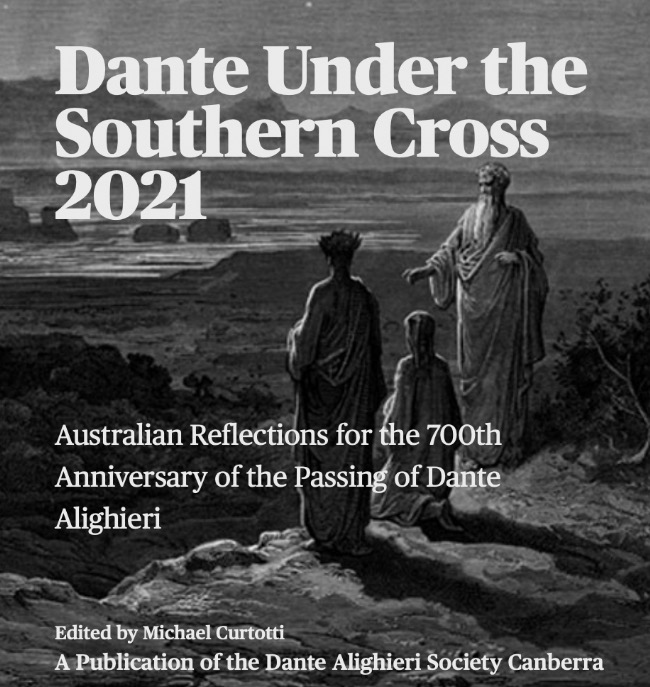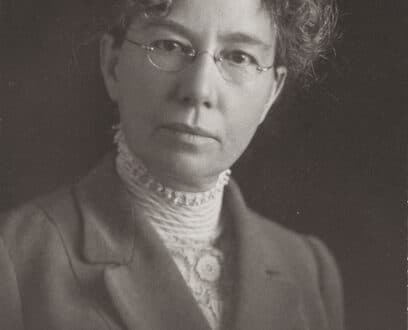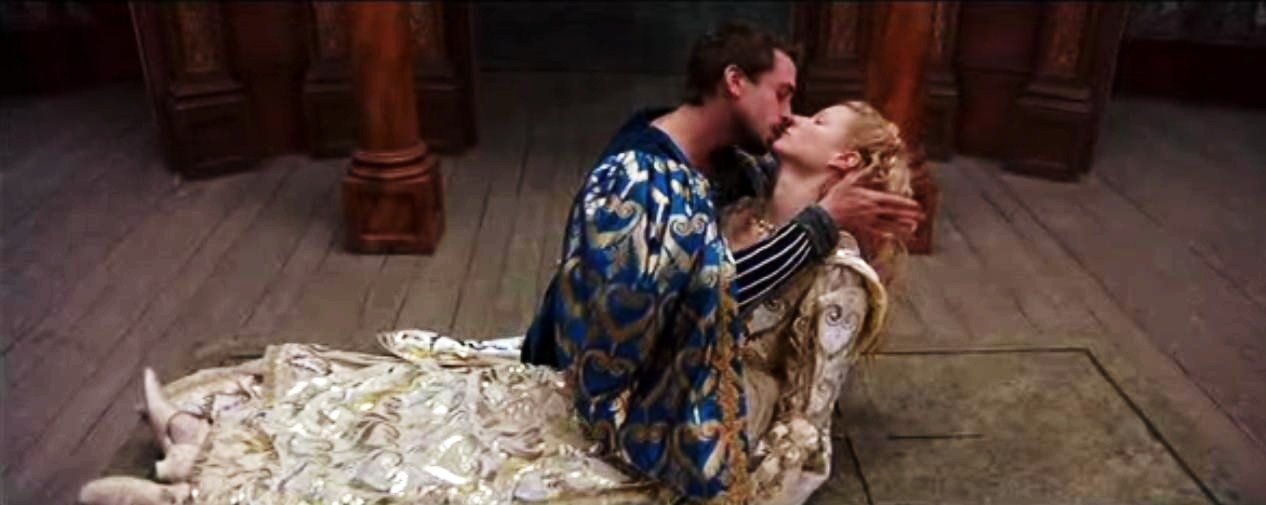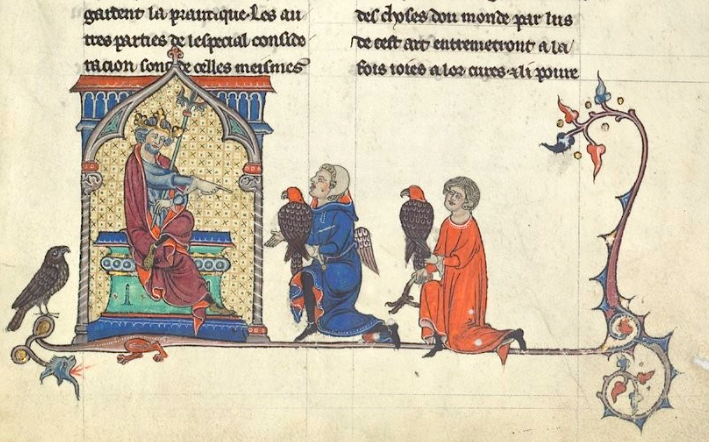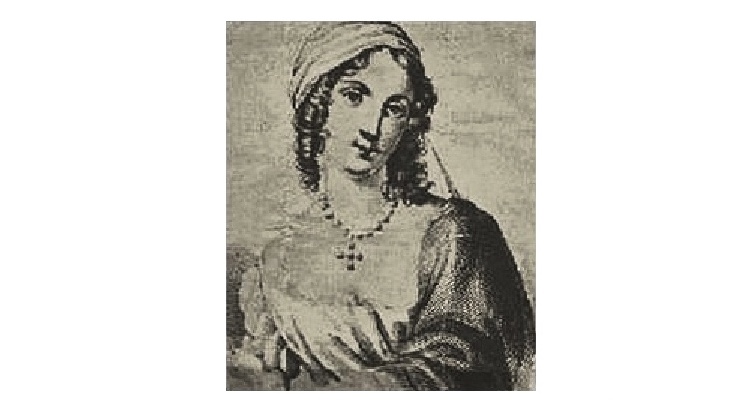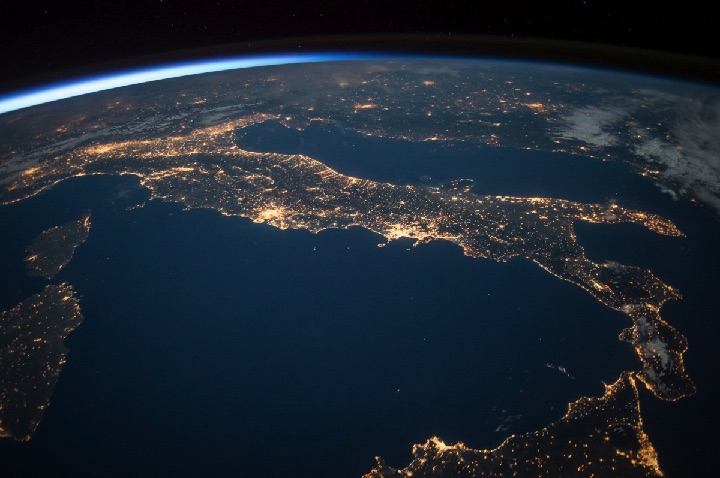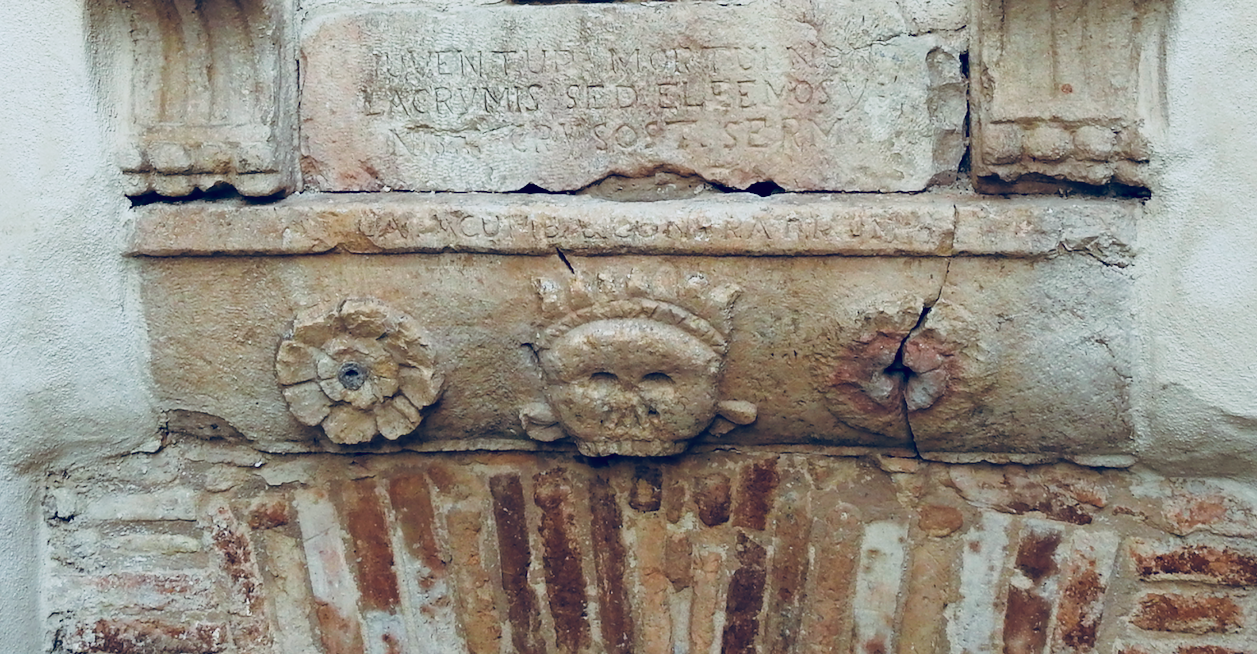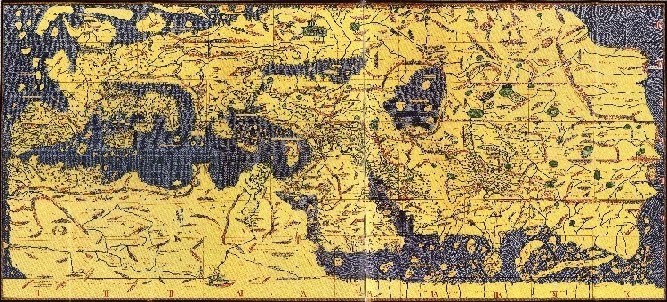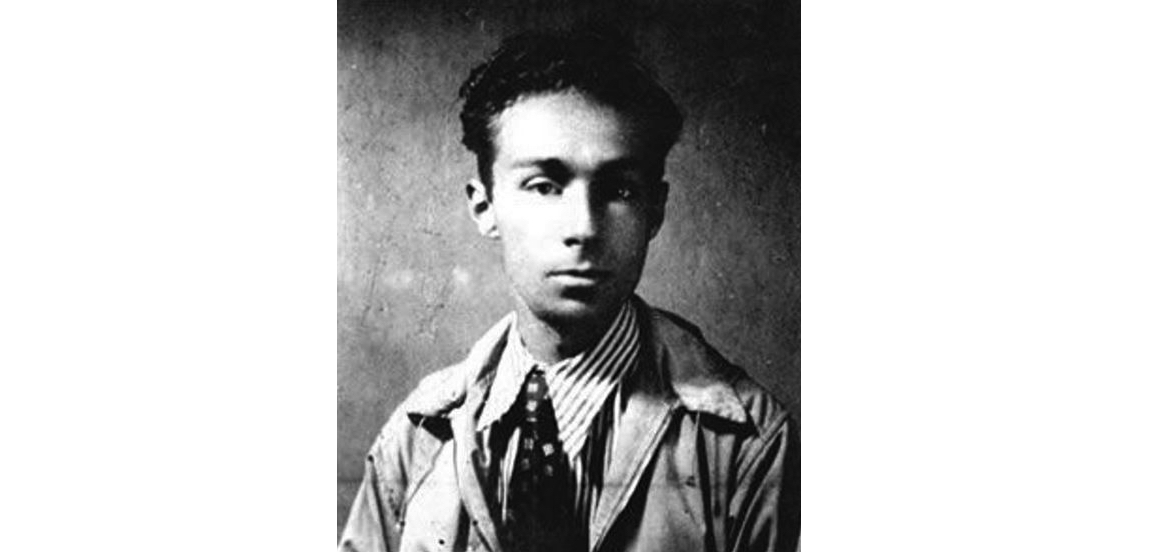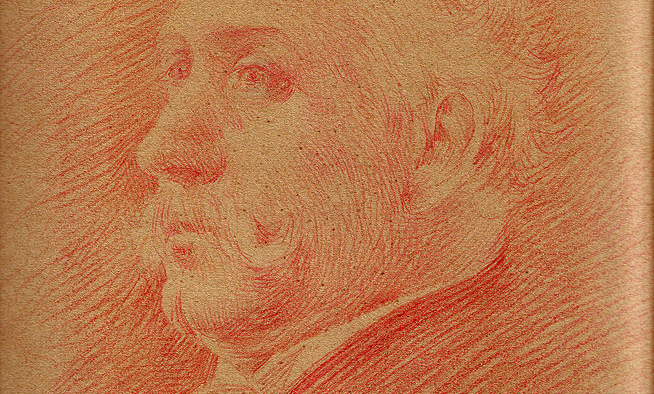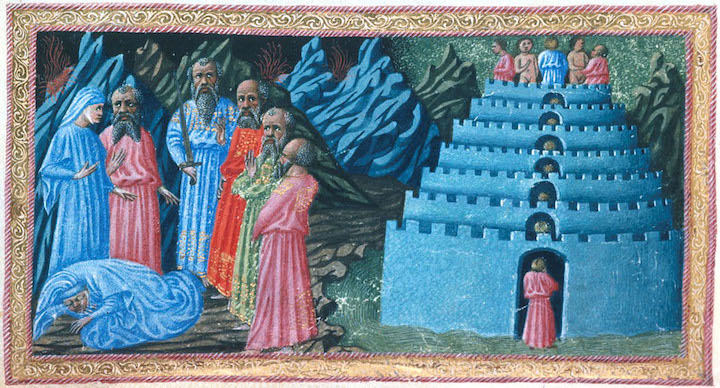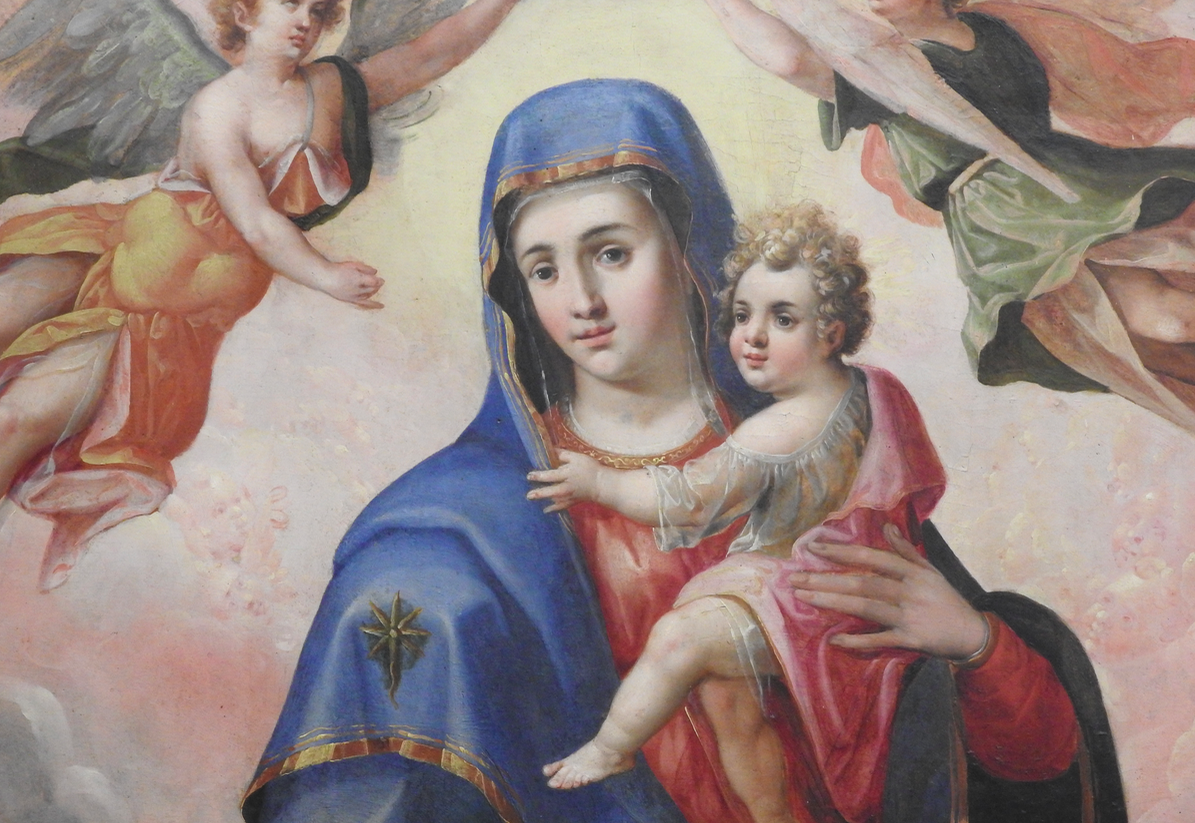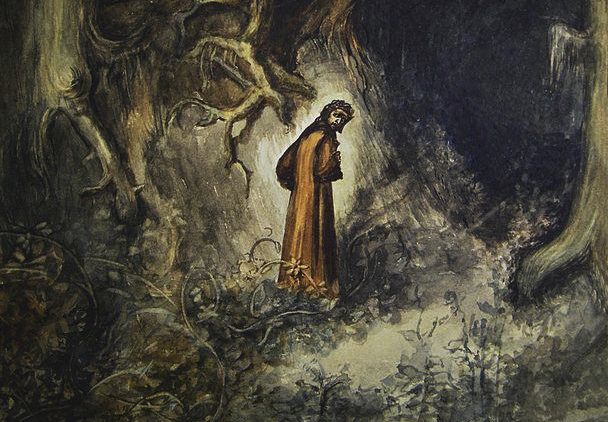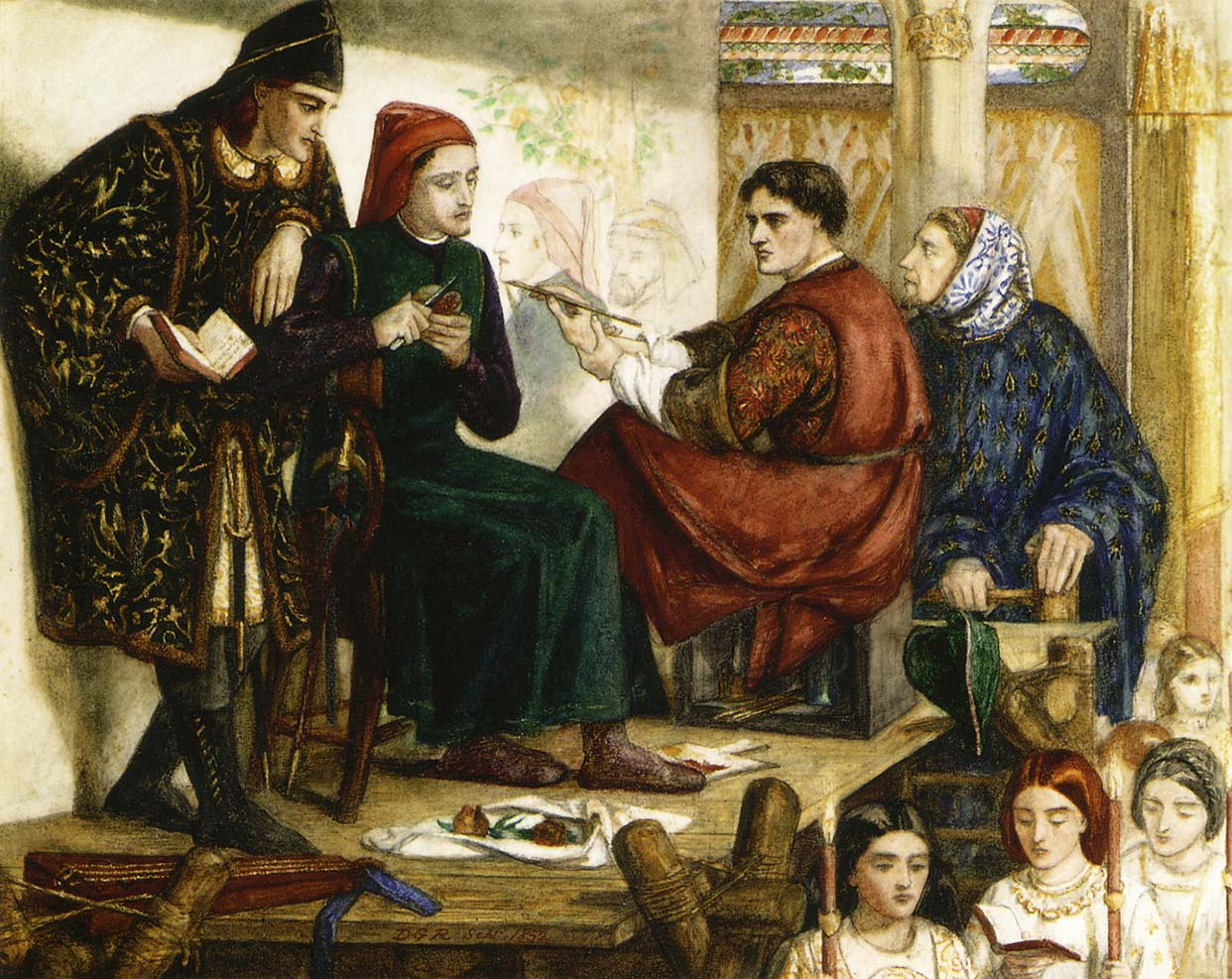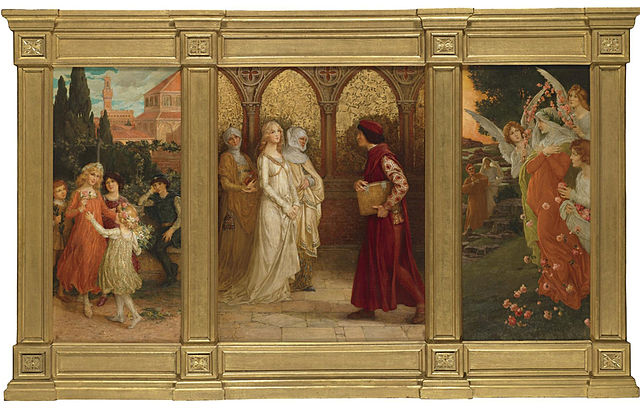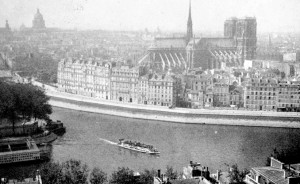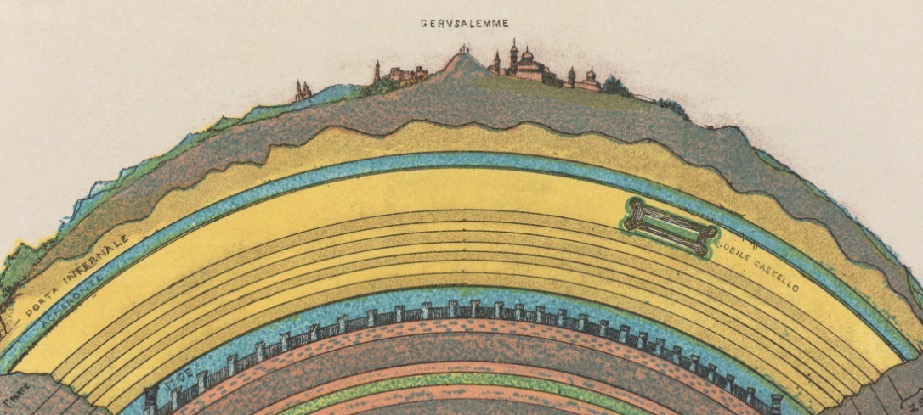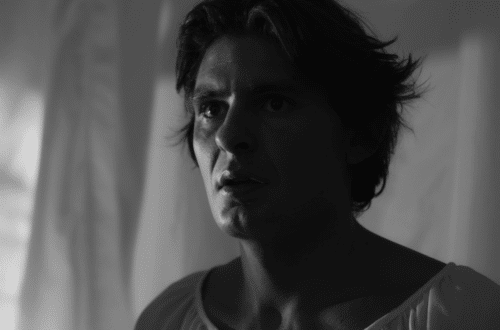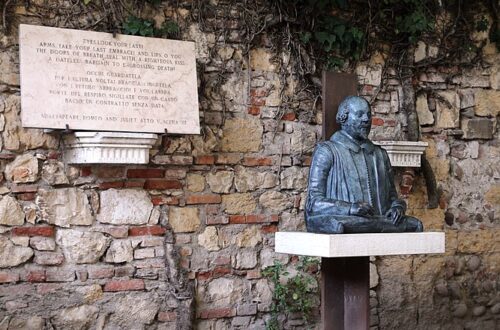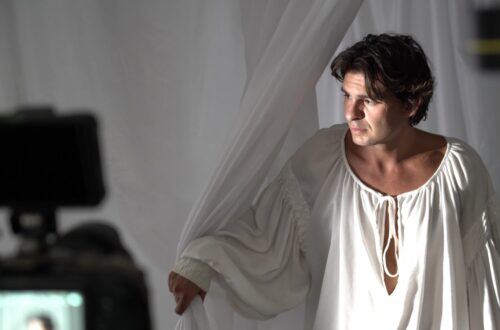Italy - Late Middle Ages (1000-1400)
-
Dante under the Southern Cross: Australian Reflections on the 700th Anniversary of the Passing of Dante Alighieri
Does Dante Alighieri, an Italian poet who died more than 700 years ago, really have anything to do with gum trees and koala bears? It’s that kind of question that drew together Australian Dante Alighieri Societies to talk about Dante, in a series of presentations around Australia which stretched from Perth to Brisbane. Despite the fact that Dante never knew of Australia’s existence, he did think about us in a way. He wondered what the stars might look like under southern skies, and he put four stars he imagined above our heads. Did he know about the Southern Cross? Some think, maybe he somehow he found out about it. Maybe…
-
Shakespeare in Love: A Case of Cultural Appropriation?
Shakespeare didn’t write Romeo and Juliet. No! Wait, what? Shakespeare didn’t write Romeo and Juliet!?? That’s right. If the fact Shakespeare set the play in fair Verona didn’t give it away, Shakespeare didn’t create the story of Romeo and Juliet. So no, Shakespeare’s first draft of Romeo and Juliet didn’t read “Romeo and Ethel, the Pirate’s Daughter” as Shakespeare in Love portrays it. And, plot spoiler, no true-life English love of Shakespeare’s inspired the character Juliet. Nor was the war of the two houses of Verona “both alike in dignity” inspired by two playhouses duking it out for writers and audiences in London. Don’t get me wrong. I loved the…
-
Emperor Frederick II, the Wonder of the World and the Art of Falconry
Frederick II has been praised to the heavens and condemned to the depths of hell (by both Pope and Poet). The Son of Apulia, Wonder of the World, Holy Roman Emperor, perjurer and sacrilegious heretic, “Sultan” of Lucera, violator of his pledge as crusader, peaceful liberator of Jerusalem, enlightened patron of science and founder of universities, brutal in the extreme, law maker, the lamented sunset of the glory of Norman Italy. He has been called the first European and the “first modern man to sit on a throne”. He was also the author of “The Art of Falconry” or de Arte Venandi cum Avibus. Such are some of the memories…
-
Commentary – Who am I to Speak to You of Italy
This article is the promised commentary on: “Who am I to Speak to You of Italy“, which I wrote in April. In part a commentary recognises that our words never really leave us. They travel along with us and reveal new unimagined meanings and inspire new departures as they speak to us from memory. Much is communicated in Who am I to Speak … by allusion; and many unwritten and written words lie under those that were set down, and a commentary may enrich communication. However, it is not necessary to read the commentary and you may choose not to do so, as commentary (even by writer) may also confine…
-
Primo Levi Zinc and the Pure Race
There is a place so deep in hell that Virgil could not bear to show it to Dante. Science, in unholy coupling with prejudice, indifference and self-interest, discovered it in our own times: and called it Auschwitz. Primo Levi, an Italian Jew, passed through that hell, and survived. Although, until Fascism made of him a thing to be exterminated, Levi hadn’t given any importance to his Jewishness. Zinc is a short story of Primo as a young chemistry student. Like countless young men before him he meets a girl: Rita, and shares the exhilaration of the first faltering steps of getting to know her. It could be the story of…
-
Lingering in Limbo: Dante’s Inferno
Limbo, it turns out, isn’t so bad, even if is found in the first level of Dante Alighieri’s hell. As Dante’s allegory of the journey of the soul continues, it will take him to a beautiful castle inhabited by the good and the great. Far from suffering the tortures of hell, although they can never leave, they are surrounded by meadows and hang out in erudite splendour. But before Dante gets there he has more adventures. Beatrice sends Virgil to the Rescue The ghost of Virgil, a long dead Roman poet, has shown up just in time to take on the job as Dante’s guide. But what’s in it for…
-
The Divine Comedy begins: Lost and on the Road to Hell
The Dante Alighieri of the Divine Comedy is lost. He needs help and is afraid. He doubts himself and often weeps at the human suffering or folly he will see on his journey. Will he be able to reach the end? He doesn’t know. It’s this kind of frail humanity of Dante’s poetry that still speaks to us across hundreds of years. Dante writes in the first person, and that’s part of his magic. We see the world through his eyes, as if we ourselves were sharing the journey. Indeed Dante says we are. Nel mezzo del cammin di nostra vita, the poem begins: In the middle of the journey…
-
Dante’s New Love Life: the Vita Nuova
The love poets of Dante’s day told everyone they were in love: but always kept the name of their beloved secret. Dante however, names Beatrice as his love. In telling us of her, he has made her immortal. Gemma di Manetto Donati, Dante’s actual wife, he never once mentions and she is virtually unknown. Before we jump to conclusions about what this might mean let us learn more about Dante’s love life. Vita Nuova Dante’s Vita Nuova (“New Life”), which is Dante’s best known work as an early poet, is all about “love”. Dante recounts for us a love story and he is the lover and Beatrice the beloved. Some…
-
Dante Alighieri Citizen of the World
Dante Alighieri says it plain: “to me, the world is one native country, like the sea is to fish“. Dante sees himself as a “citizen of the world”. He is, admittedly, a poet who is internationally celebrated. Nonetheless, we can find the discovery stunning. Dante is so closely paired with the Italian “brand”, that his observation seems out of place. It is natural to assume Dante would be concerned, in some sense, with the Italian national project. He is after all widely known as the “Father of Italian”. Yet it is not the case. Our tendency to assume that the past was much like the world today, is the nub…
